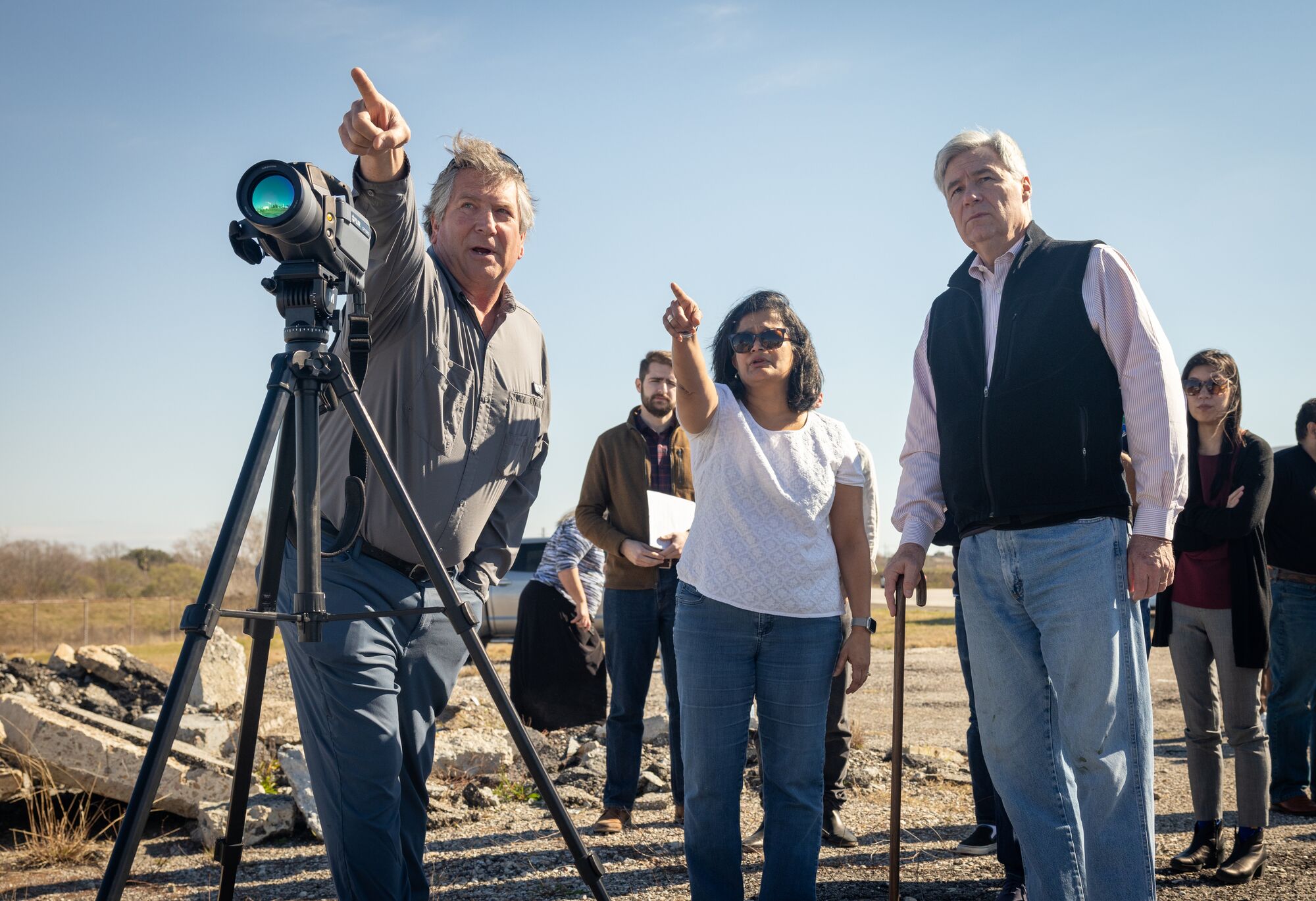At a playground a block from where John Beard, Jr., grew up in Port Arthur, TX, a petrochemical facility is located across a fence. (Chris Jordan-Bloch / Earthjustice)
April 8, 2024
“In the Belly of the Beast”: A Conversation with Port Arthur Community Action Network’s John Beard, Jr.
The lifelong Port Arthur resident takes the fight for clean air and water directly to polluting industries
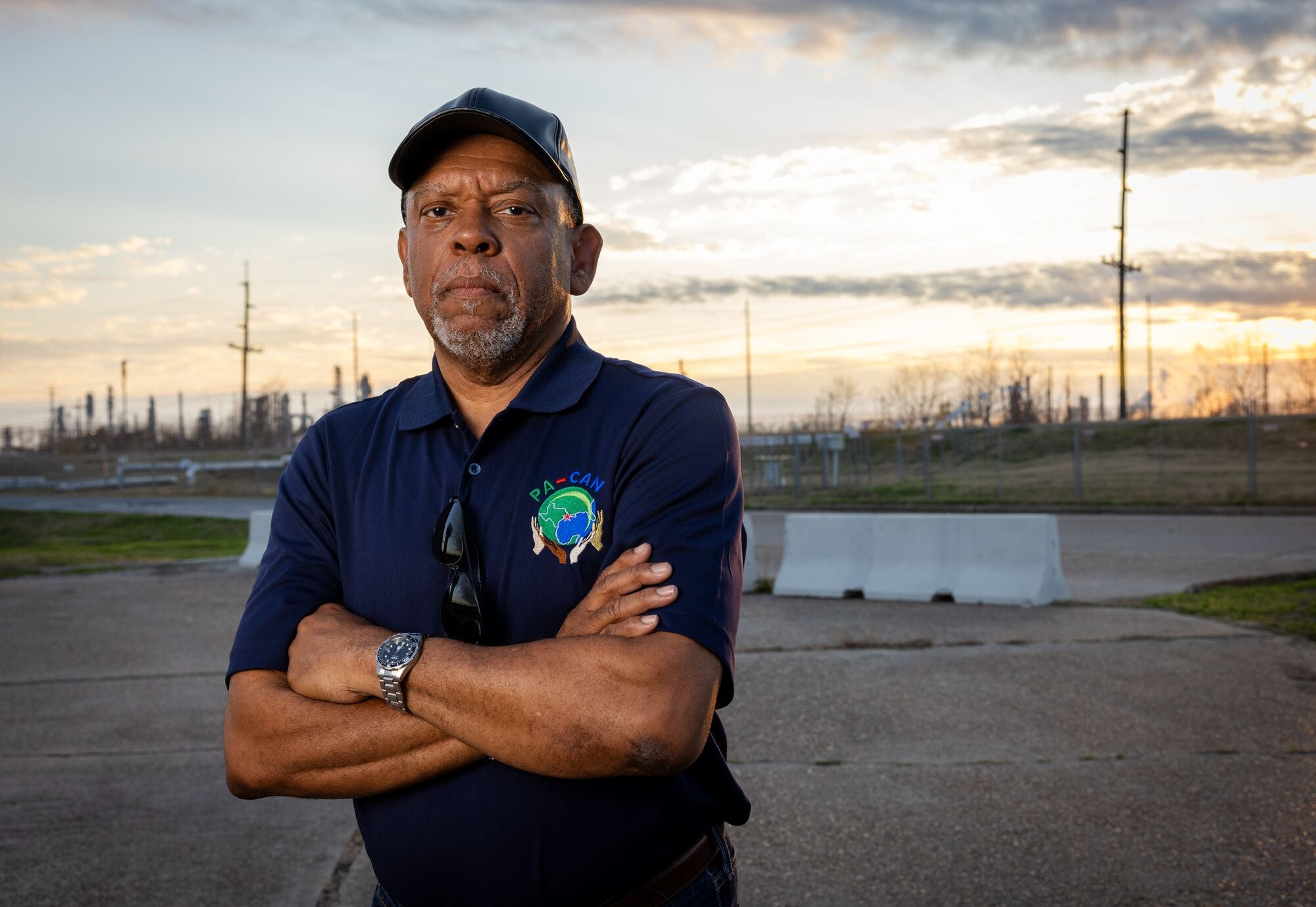
John Beard, Jr., is a former refinery worker and lifelong resident of Port Arthur, Texas — home to some of the world’s largest oil refineries, LNG (liquefied natural gas) export terminals, and petrochemical plants. He’s the founder and executive director of the Port Arthur Community Action Network (PACAN), an organization dedicated to fighting for the health and well-being of Port Arthur residents, who have long-faced the disproportionate burden of pollution from facilities located mere feet away from their homes, schools, churches, and recreation opportunities.
In February 2024, Earthjustice partnered with PACAN on a ‘Toxic Tour’ — bringing members of Congress to Port Arthur to directly see and experience the impacts of polluting industries on Port Arthur’s residents — and spoke to John Beard, Jr.
You’re a lifelong resident of Port Arthur. How has the presence of the fossil fuel and petrochemical industries changed your town?
I’m a second-generation petrochemical worker. My dad worked in one of the major companies, the former Gulf Oil Company that is now Valero. Back then, it allowed him to buy a house and a car, send me to college, and allowed my family to take vacations and live a good life that was not easy to come by in some other places, including Port Arthur.
People saw those jobs as a means of changing your life and making good money. But that began to change in the 1970s with large layoffs and fewer Port Arthur residents being hired by these companies. Instead, those companies were hiring people who largely did not live in Port Arthur.
But throughout this time there was always the pollution, the stench, the odor, and the releases from these facilities. At the time, people didn't know or understand what was really happening.
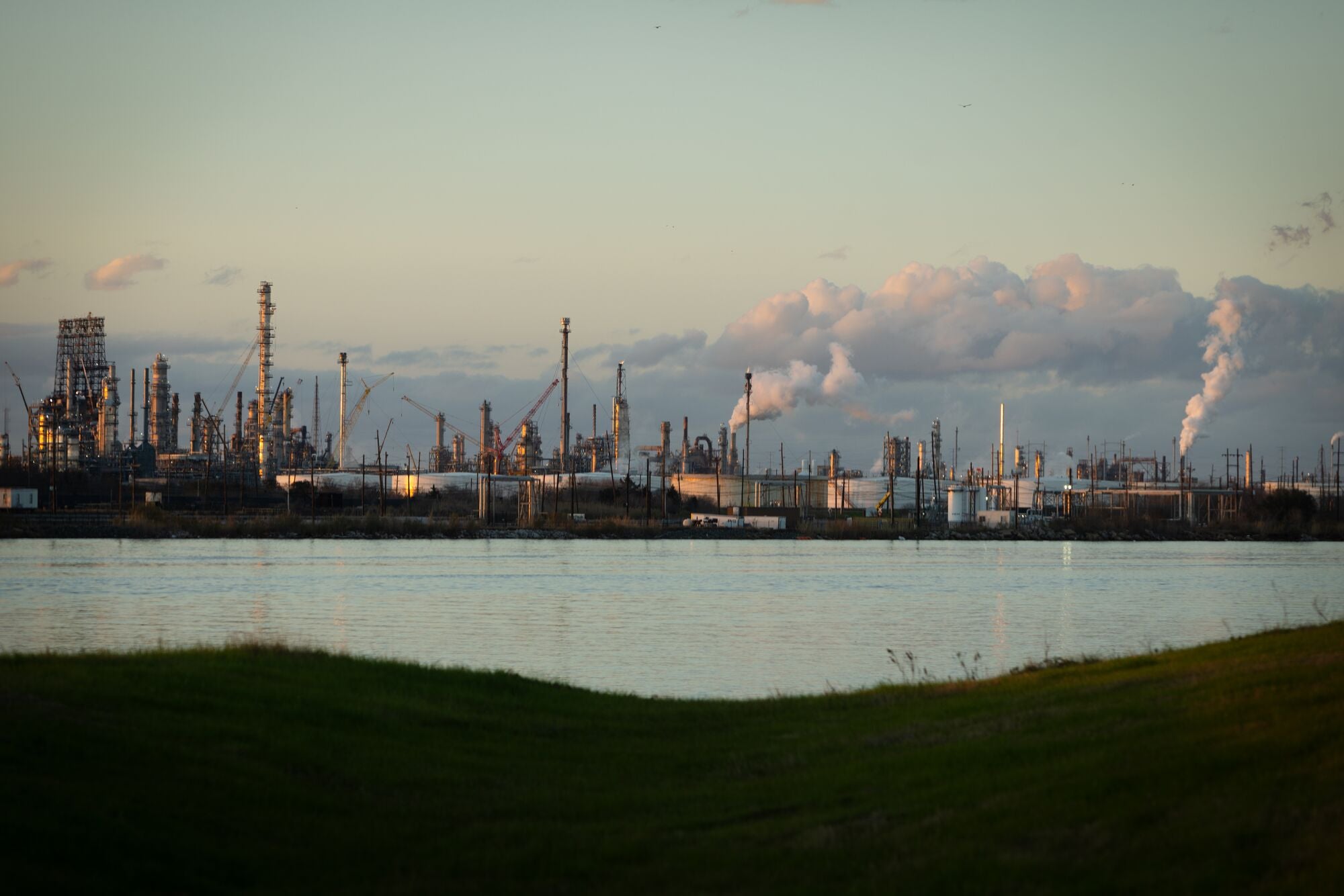
I remember smelling it as a youth when we drove in the family car on city streets that ran between the refineries, and I would turn up my nose at it because it smelled as though something very foul was in the air. My dad would say, “Son, don't turn up your nose at that smell. That's the smell of money.”
But now, we realize that it’s the smell of death. It's the smell of toxins, pollutants, and poisons that are hazardous to our lives and health. That long-term exposure has created high rates of cancer, respiratory illnesses, lung and kidney diseases, rashes, and other maladies. I believe, quite simply, that these diseases are directly caused by the industrial pollution we’ve been exposed to all of these years.
Industry often touts job creation in the communities where they are located. Is that the reality in Port Arthur?
While it may have helped at one point, it's not helping now. Just take a look at the city’s unemployment statistics. Despite the companies that are already here and the ones coming and creating new projects like liquefied natural gas (LNG) and carbon capture and sequestration (CCS), we're not seeing those jobs and opportunities for Port Arthur residents. We have some of the highest unemployment in the state, and it's been that way for decades. So, what has changed for the better here?
If you come to Port Arthur and drive the city streets, they are often pockmarked and damaged. If you're here when it rains and see the low-level flooding, you’ll see the water in the ditches and streets that are not draining properly and oftentimes talk to people who have problems with their water and sewer systems. You’ll see this is not a city that is prospering from $80 billion dollars in industrial development. This is a poor city, and it’s reflected in the economics of people, in the household and per capita income, and in home and property values.
The industry is not a big blessing to Port Arthur itself. It’s become a promised land for people who don't live here, but a death knell to those who live here. We know that for every project created, it’s just another nail in the coffin for the people already here.
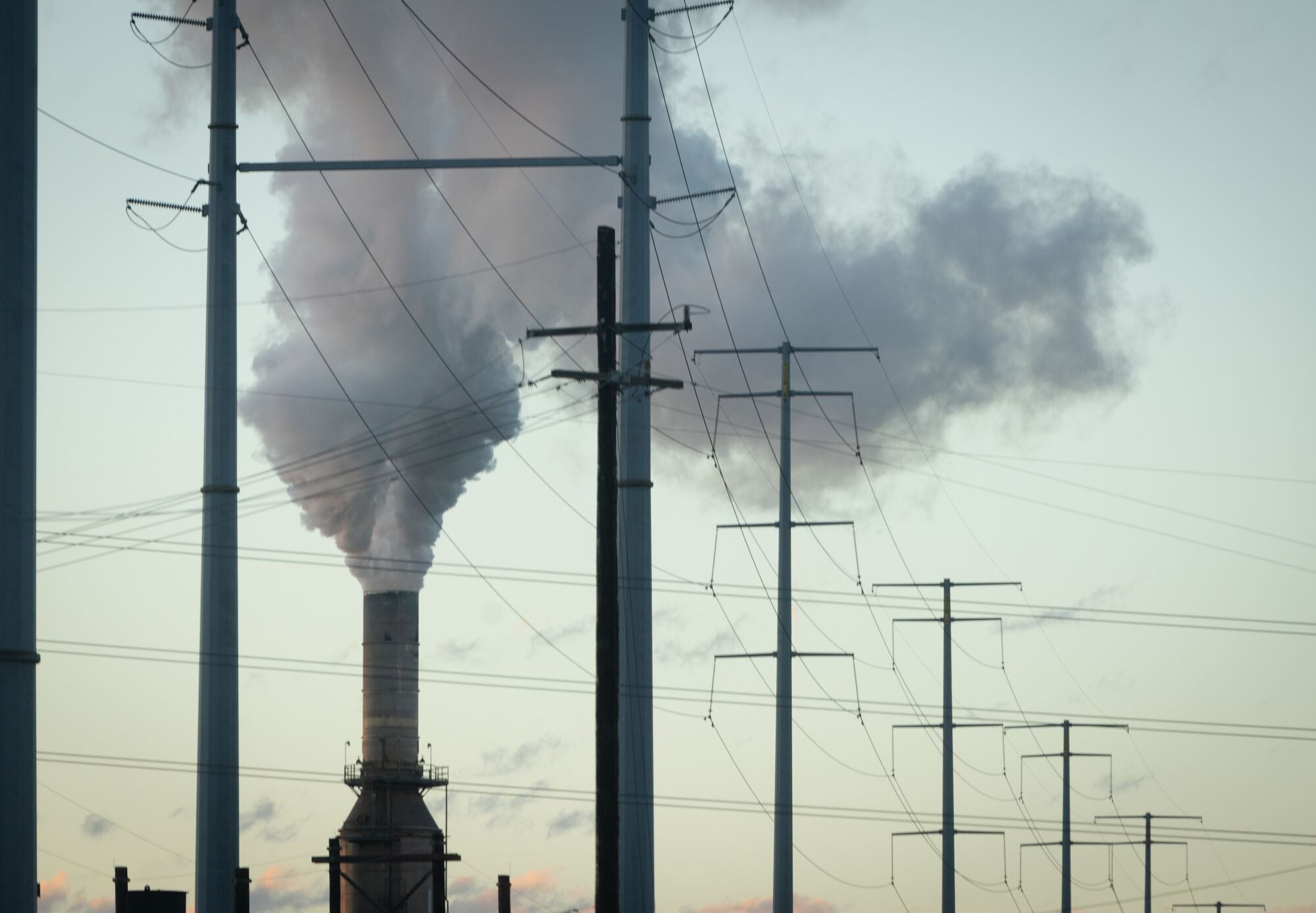
You founded the Port Arthur Community Action Network to fight back against the fossil fuel industry. What spurred you to start the organization, and what issues are you most focused on?
Our efforts focus on improving the quality of life for our residents. Air is life, and we’re breathing poisoned air here in Port Arthur.
Poisons and toxins like sulfur compounds, benzene, butadiene, and ethylene oxide are released into the air by industry. We’re breathing particulate matter so fine and small that it passes through your respiratory system into your bloodstream and can cause irreversible changes to your body's health functions.
PACAN was formed in response to not only addressing environmental and industrial pollution, but natural threats to our livelihoods like hurricanes that are worsened by climate change. Five major hurricanes in the last 17 years have struck Port Arthur, and those storms have impacted the quality of life of our people, from health impacts to home damage.
While PACAN initially got involved to fight the industries polluting our air, we’re also seeking to enhance and improve the quality of life through better living conditions, improving the housing stock, and making communities and neighborhoods better.
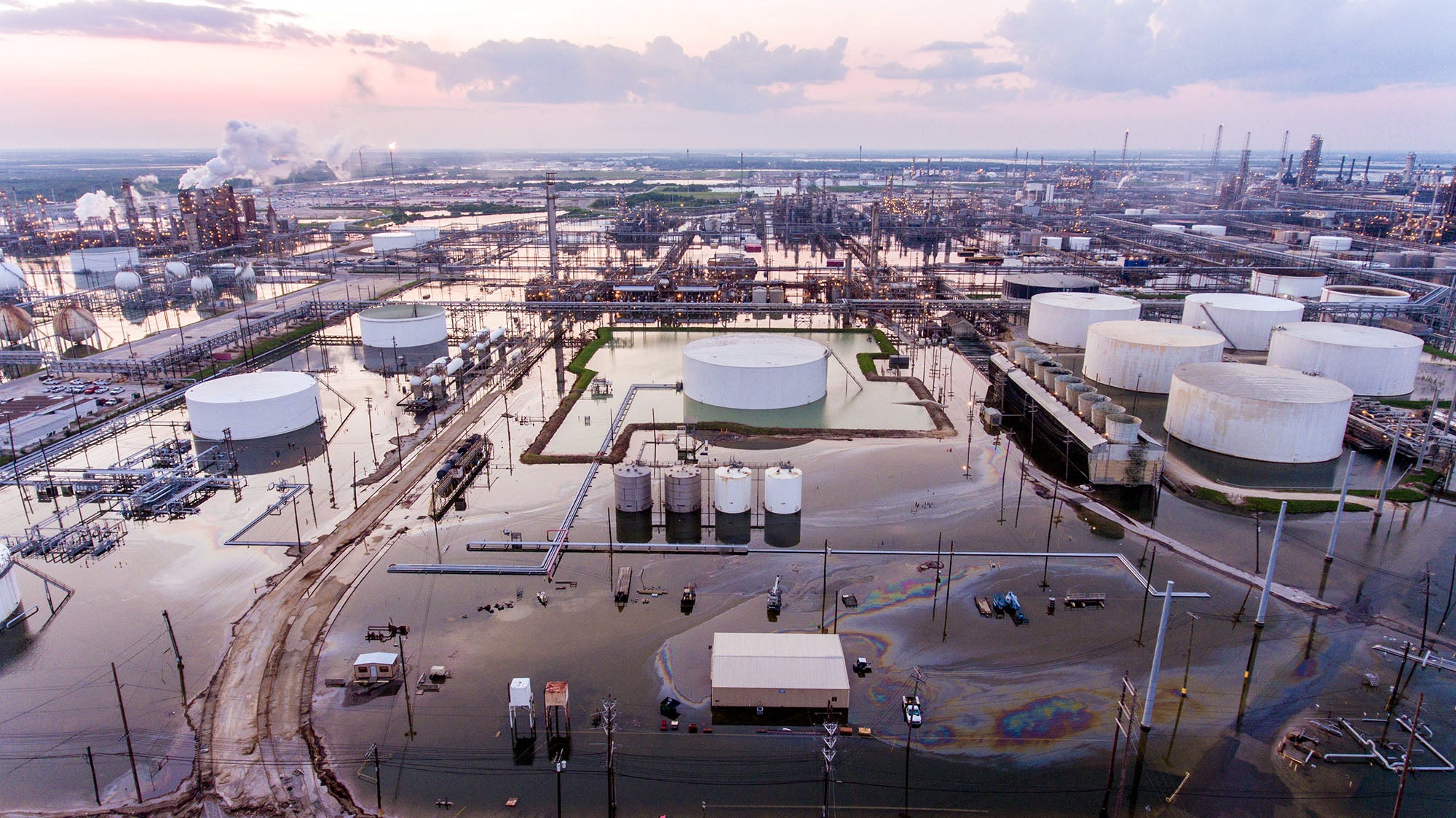
The impact of LNG export terminals has become a major topic in Port Arthur and nationally. What impact has the LNG industry had on Port Arthur and its residents?
The impact of the LNG industry on Port Arthur's residents has been a negative one. Why? Let’s look at the one operating across Lake Sabine from Port Arthur, within 8 miles of my home. It emits formaldehyde and has continuous flaring. Those winds coming from the South and southwest flow directly into Port Arthur, affecting our air quality. By putting formaldehyde, which is a major component of embalming fluid, into our air, we're basically dead men walking. We're being embalmed. And when you combine it with all the other sources of pollution, it’s just another nail in the coffin.
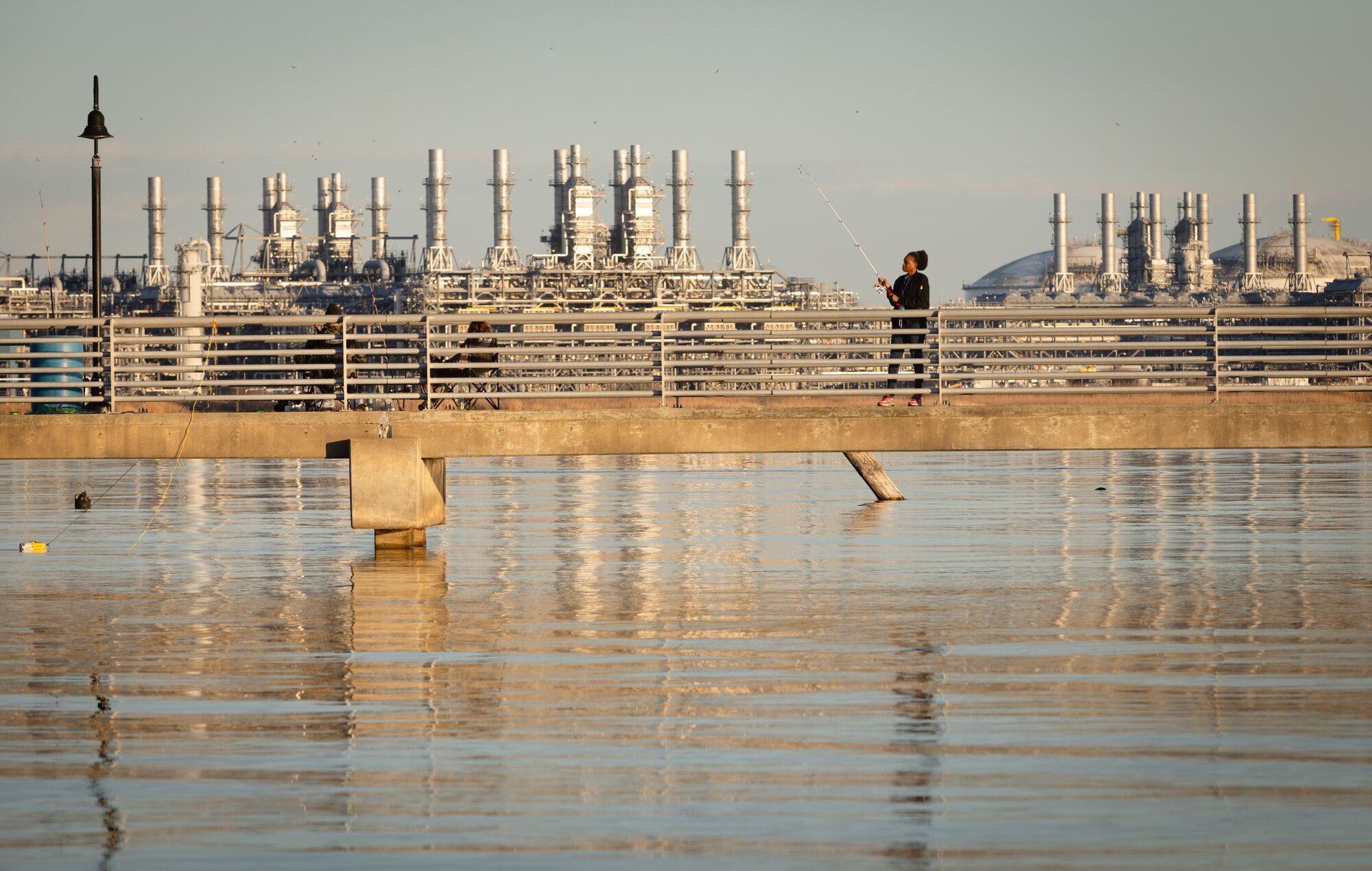
It's also problematic to export this liquefied natural fracked gas to other nations and countries to be burned in power plants and homes.
We're adding more greenhouse gases to the atmosphere and exacerbating climate change — which also affects us here in Port Arthur. That's unacceptable. We need a real energy transition, not more drilling and extraction for more exports. We must phase down and phase out fossil fuels before 2030 and bring on more renewable clean energy.
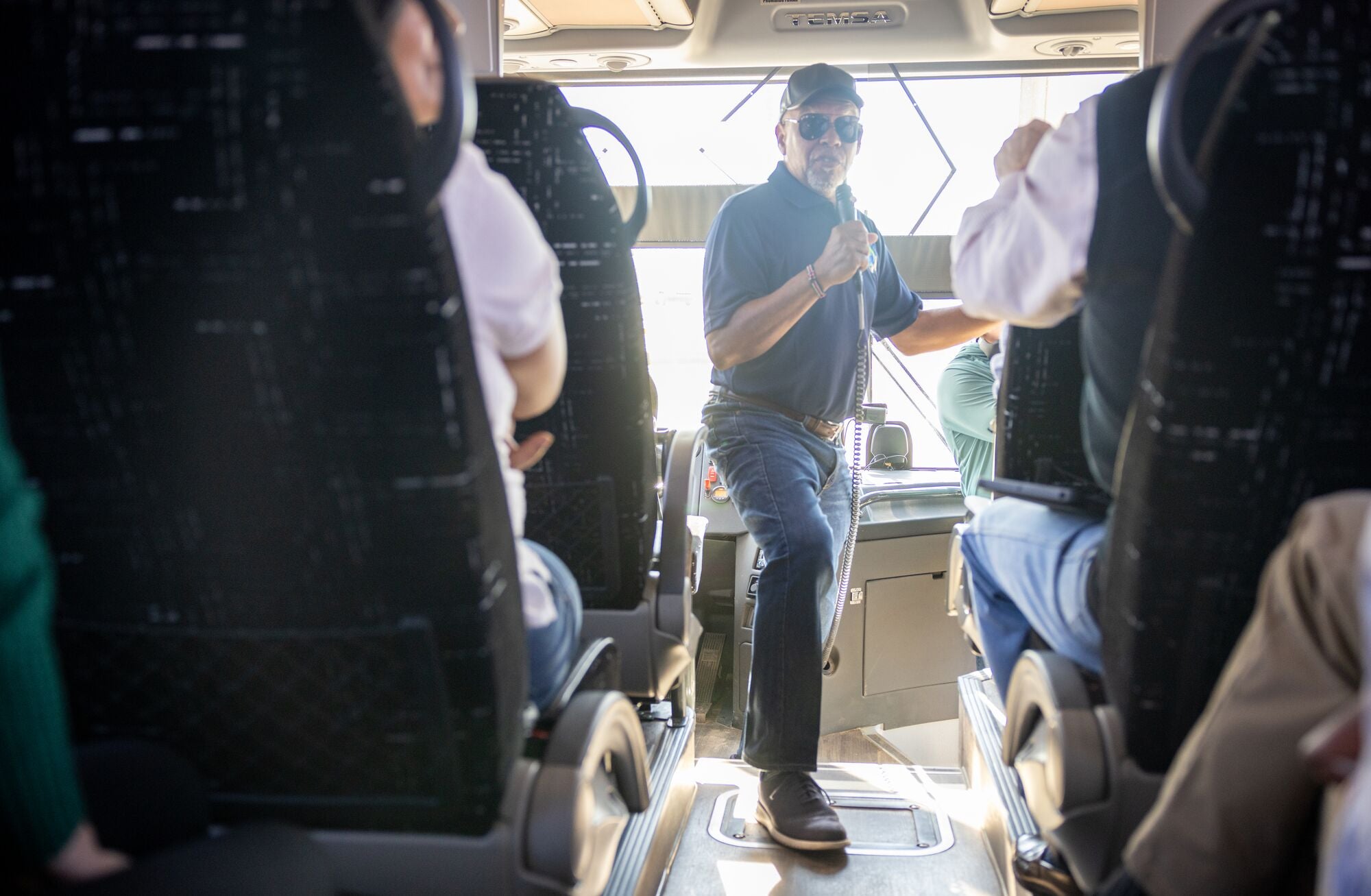
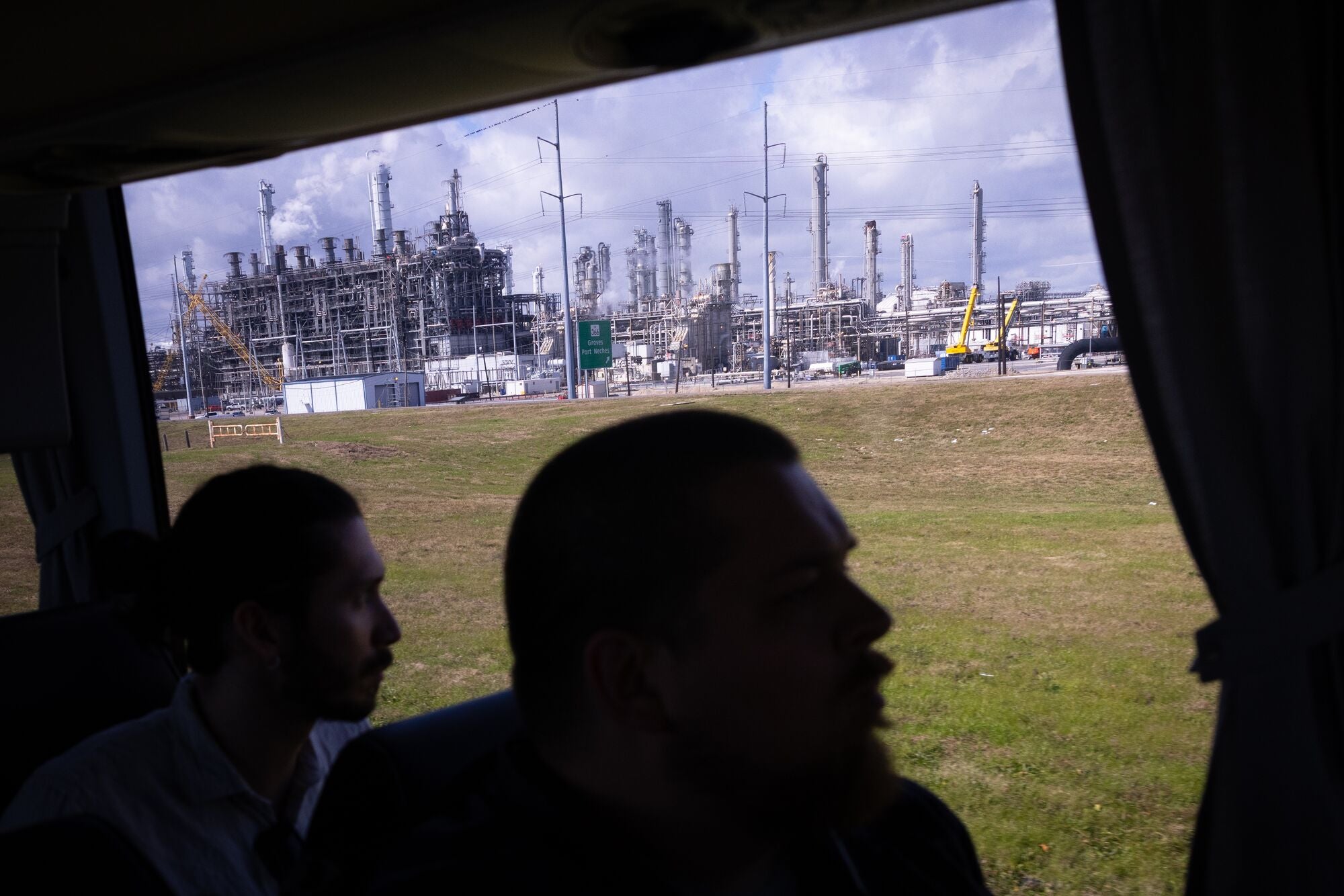
What’s your message to policymakers who continue to weaken environmental protections for communities like Port Arthur and make it easier for industry to pollute our air, water, and soil?
My response is this: If it's so good, why don't you put an LNG export terminal in your backyard? Why don't you put one of these petrochemical facilities in your neighborhood? Trade places with us and come and live here along the fenceline in our community. Breathe the same toxic air, and then tell us if it's fine. If it's not fine for you to breathe benzene, formaldehyde, particulate matter, sulfur compounds, nitrous oxide, and other hazardous substances, then why is it ok for us? Why should we be sacrificed? Why should you not have to suffer any of the ill effects yet reap the benefits.
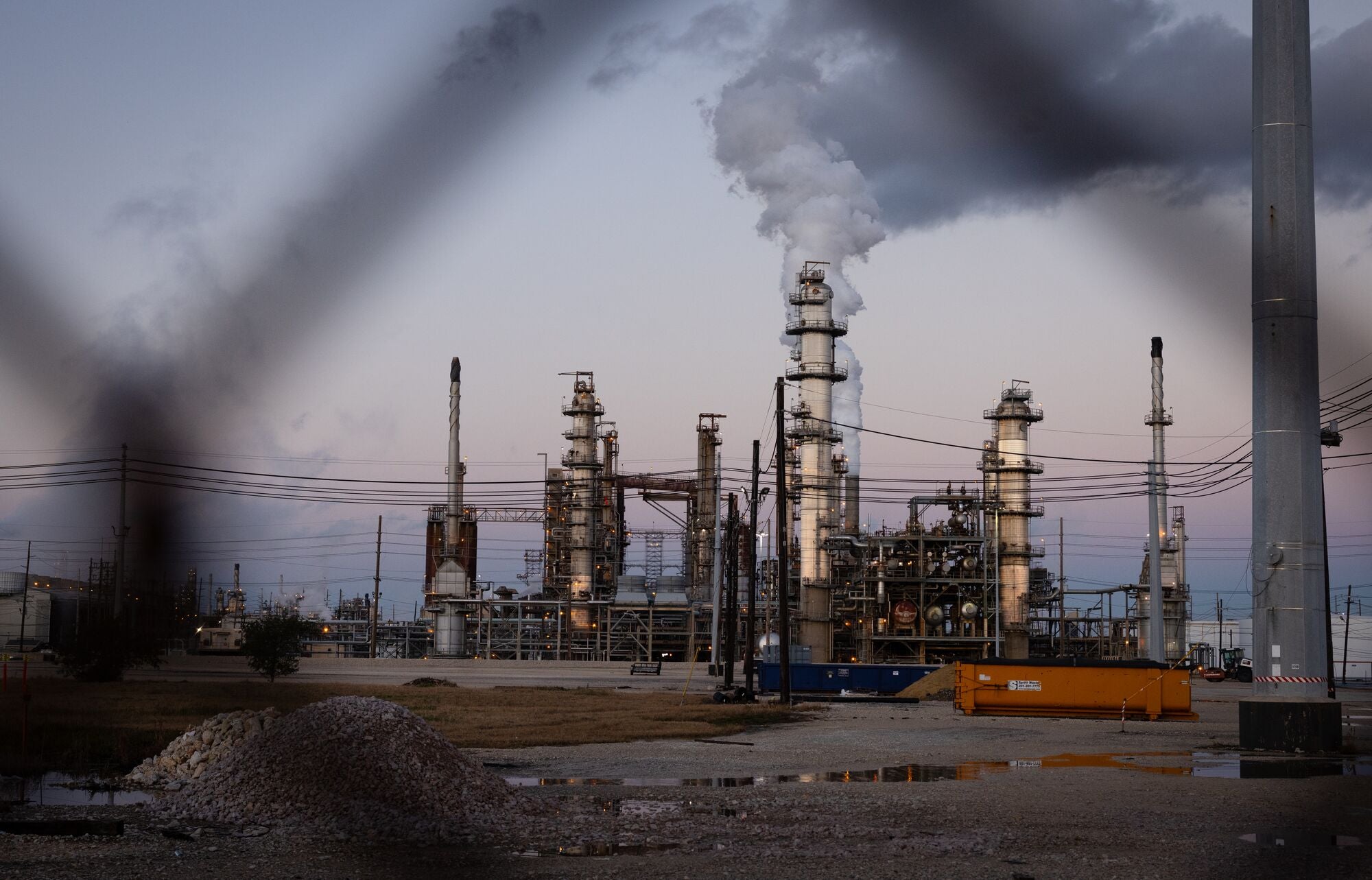
Come ask the people who are suffering and affected not just here in Port Arthur, but across the Texas and Louisiana Gulf Coast, from the river parishes of Louisiana all the way down to the tip of Brownsville, Texas. These are communities that are by no means affluent, but shouldn’t they be given an opportunity to live and breathe clean, freely? One shouldn't have to die to make a living, and one shouldn't have to be exposed to deadly toxins in the name of energy development. We must do better. Enough is enough. We need lawmakers to protect our lives and health, because we're tired of being sacrificed and we’re not going to take it anymore. Their failure to protect us makes them accessories to murder due to toxic exposure.
Our voices are rising, just like the seas are rising from climate change, and they are only going to get louder. We need lawmakers to heed our voices and bring environmental justice to the Gulf Coast.
Enough IS enough.
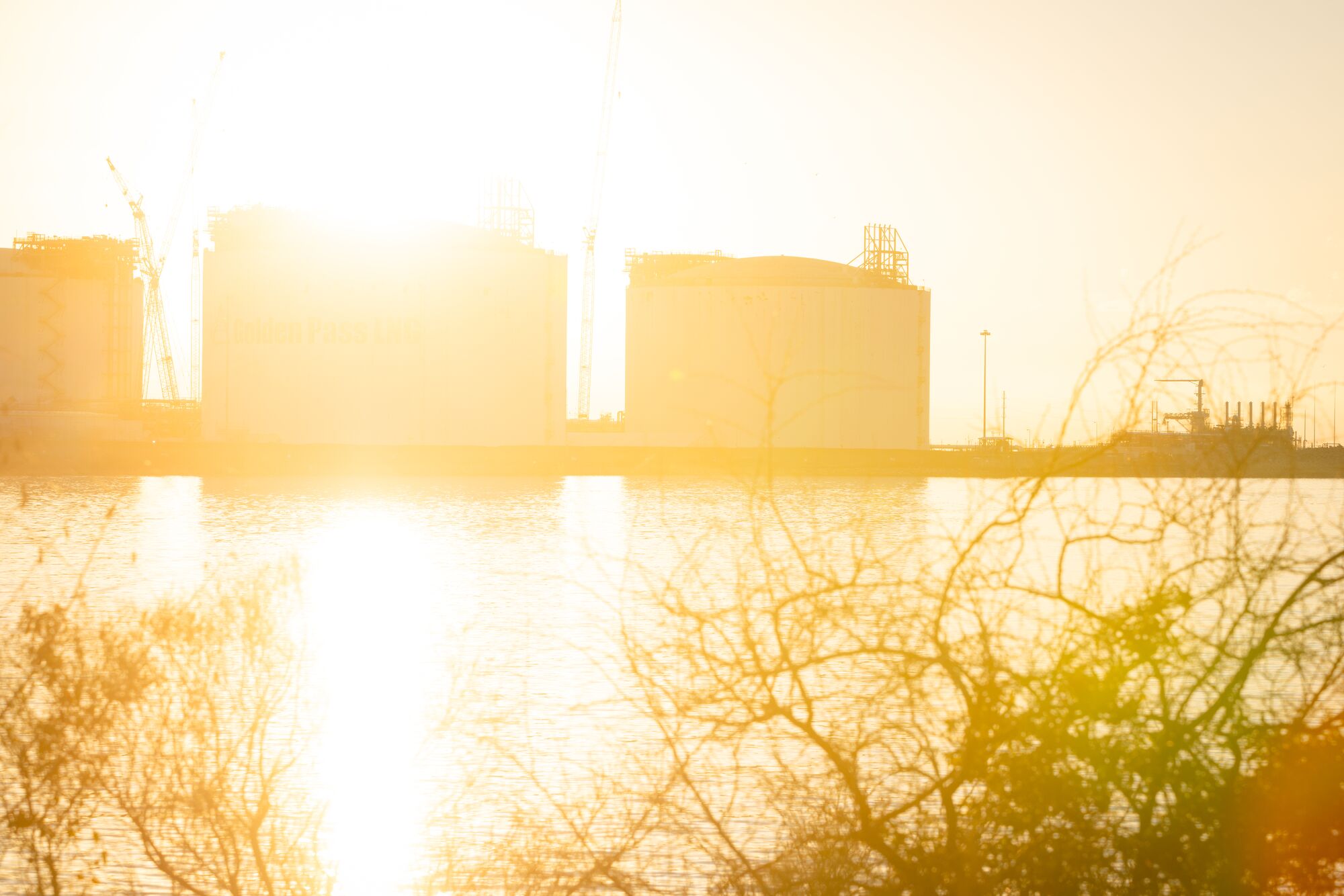
John Beard, Jr.
Port Arthur Community Action Network
Chris Jordan-Bloch is a photographer and filmmaker for Earthjustice. He uses videos, photos, audio and words to tell the stories of Earthjustice and the people and places we fight to protect.
Established in 1989, Earthjustice's Policy & Legislation team works with champions in Congress to craft legislation that supports and extends our legal gains.
